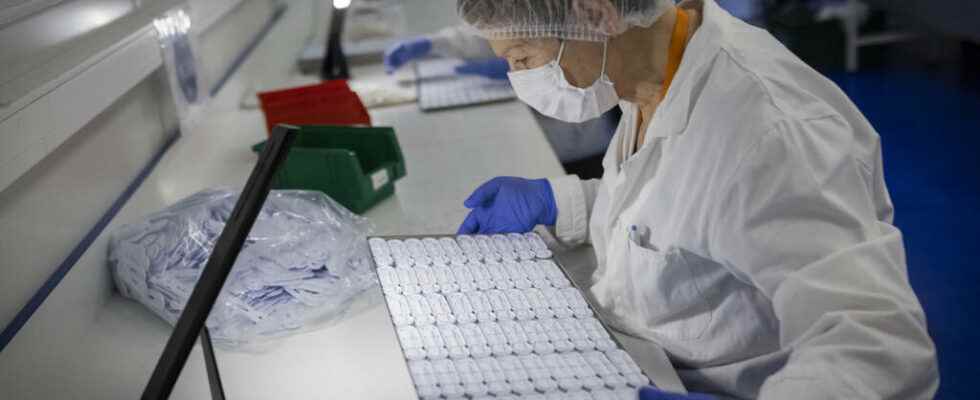In this energy crisis that affects everyone, companies are sticking their tongues out. Only less than a third of them hope for an improvement in their situation. This is revealed by a survey conducted by the Confederation of Small and Medium-Sized Enterprises (CPME).
Nearly one in ten business leaders – 9%, exactly – are considering stopping their activities, according to the results of this survey carried out before the announcements of government aid by Elisabeth Borne, on October 27. Quite simply, it is impossible for them to pay their electricity bills.
The share of energy is growing
For months, the share of energy in the overall costs of companies has exploded with inflation and the consequences of the war in Ukraine compared to the turnover achieved. Already, in 2021, this cost was more than 3% of turnover for one in five companies (21%). And it is very likely that two thirds of companies (60%) will be affected by this problem next year. It is difficult to transfer this increase to the selling price. Result: in 2022, nearly one in two companies could see their results drop by half compared to those of 2021.
►Also listen: Europe: how far to help companies affected by soaring energy prices?
Hence the concern of employers’ organizations which have been sounding the alarm for weeks. Knowing that the overwhelming majority of business leaders feel that they cannot negotiate with their energy supplier when renewing their contract. We must also take into account the increase in local taxes, in 2022, often with double-digit increases. To which are added the difficulties of supplying raw materials or intermediate goods.
The main difficulty mentioned is their cost, followed by delivery times and quantities available on the market. Nearly half of business owners report late payments from their customers. For some of them, it is impossible to cope with this situation.
An energy shield
The government seems to have heard the message. Even before the publication of this survey, the Prime Minister, Elisabeth Borne, announced last week a series of measures aimed at protecting the production capacity of companies.
First there is a “electric damper” which will come into force on 1er January. According to this system, the State pays part of the 2023 bill for small and very small businesses. A second system, which already exists, will be simplified: by the end of November, it will allow small businesses whose energy bills (mainly gas) have increased by at least 50% to obtain aid, with the possibility of ask for a deposit.
And then, third point: aid of up to 50 million euros for larger SMEs and for large companies whose energy bill is more than 3% of their turnover. A total envelope of nearly 12 billion euros was announced to cushion the surge in energy prices.
Loans guaranteed by the State: spreading the maturities
Will this be enough to help companies get through this crisis? It’s hard to say. Especially since six out of ten leaders have used the loan guaranteed by the State. Aid granted during and after the pandemic. Of these, 13% cannot repay. A helping hand from the government would be welcome. If the repayment terms could be spread over four additional years, almost all companies would be able to honor them.
►Also read: Fear of energy cuts for French companies: “Balancing supply and demand”
